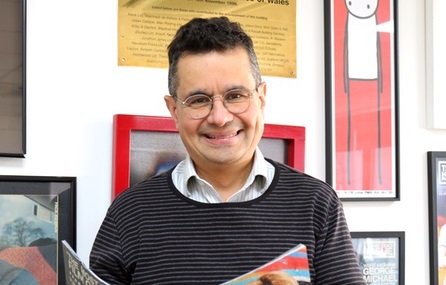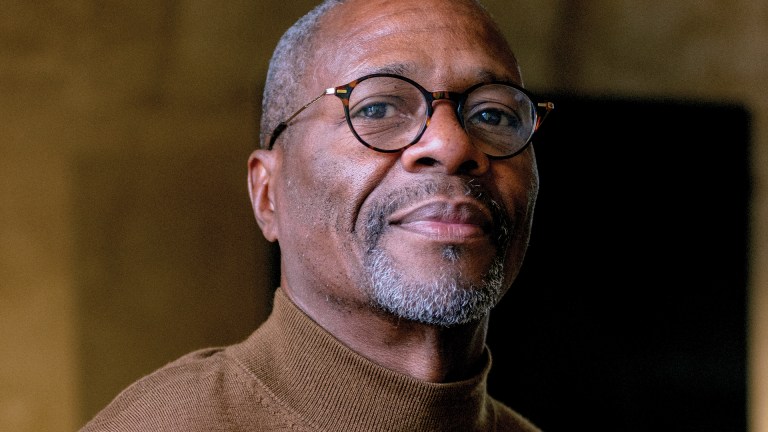Danyal Sattar was recently invited to submit evidence to Lord Adebowale’s Commission on Social Investment. The below is based upon the speech he delivered at the Report’s Launch.
The final report of the Commission on Social Investment, chaired by Lord Adebowale, was published with a suite of recommendations on improving social investment practice and increasing the flow of funds to charities and social enterprise. It is a great report.
The report, deeply rooted in the experience of social entrepreneurs and the social enterprise sector, reinspired me to reflect on where social investment came from. While the Commissioners and those who have been around in and around our sector are well aware of it, newcomers to the field might mistakenly think this is a creation of high finance. On the contrary, the roots of this generation of social investment in the UK, are rooted in the black community of south side of Chicago, in the USA. It was in the 1970s, and the local bank was about to shut its doors and relocate, to follow its customers, to the suburbs of Chicago. As those were its customers – it did not see Black people as customers, or a business opportunity. The community, Black, White, of all colour and genders, rallied, and with the support of churches, foundations and local institutions, campaigned for the regulator to refuse permission for the bank to relocate and bought the bank. Like so many financial institutions, ShoreBank did not survive the global financial crisis, reformed as the Urban Partnership Bank and part of the Providence Bank and Trust.
Its legacy lives on, not just in the USA but here in the UK. In the 1990s, Pat Conaty hired Steve Walker as the first CEO, and, chaired by Sir Adrian Cadbury, set up the UK’s first Community Development Finance Institution, modelled on the experience of ShoreBank, in inner city Birmingham. ART Business Loans still exists today.
This is the root of social investment, not from the City or Wall Street. It was from grass roots community activism. We should be clear eyed about those roots, however. This was always a partnership between community radicalism, and trusts and foundations and mainstream finance. With Sir Adrian Cadbury chairing, one of the launch events of Aston Reinvestment Trust was in the Bank of England. Steve Walker was seconded from Barclays and NatWest was an early support of ART, alongside an enlightened local authority with policy guarantee facilities to lever in funds. Our roots at Big Issue Invest come from the experience of a start up social enterprise 30 years ago, The Big Issue. In 2005, our own social entrepreneur Nigel Kershaw, starting up Big Issue Invest within the Big Issue Group. In the same ways as ART did, Nigel reached out to corporates and banks and drew them in as supporters and co-creators. Deutsche Bank, HSBC, Unity Trust Bank, Barclays and many others, have in their time been strong supporters of us here at Big Issue Invest. In this era of levelling up, let us also remember the long support local and regional authorities had over the years in creating local loan funds, and regional investment agencies. Government funding created Futurebuilders and the Adventure Capital Fund, still here today as the thriving Social Investment Business. Together, we sit within the membership of our trade body, Responsible Finance.
The second place social investment came from is ordinary people. Triodos Bank, our largest social bank in Europe and the UK, had its roots in people saving money to support organisations and causes not funded by the mainstream banks. Today, is our leading environmental and social lender, with billions of pounds of ordinary people’s savings across Europe as well as here in the UK. Ecology Building Society was set up to fund ecological home improvements and renovation. 10 people put in £500 each, which was just enough in 1980 to capitalise and set up a building society. It is a £180m entity today. Charity Bank, building on the roots of Investors in Society, lends out the deposits of ordinary savers. Community Shares at Ethex, Credit Unions – there are more than 1.8 million members in credit unions today, representing more than 40 years steady growth in these community-based savers and lenders.









